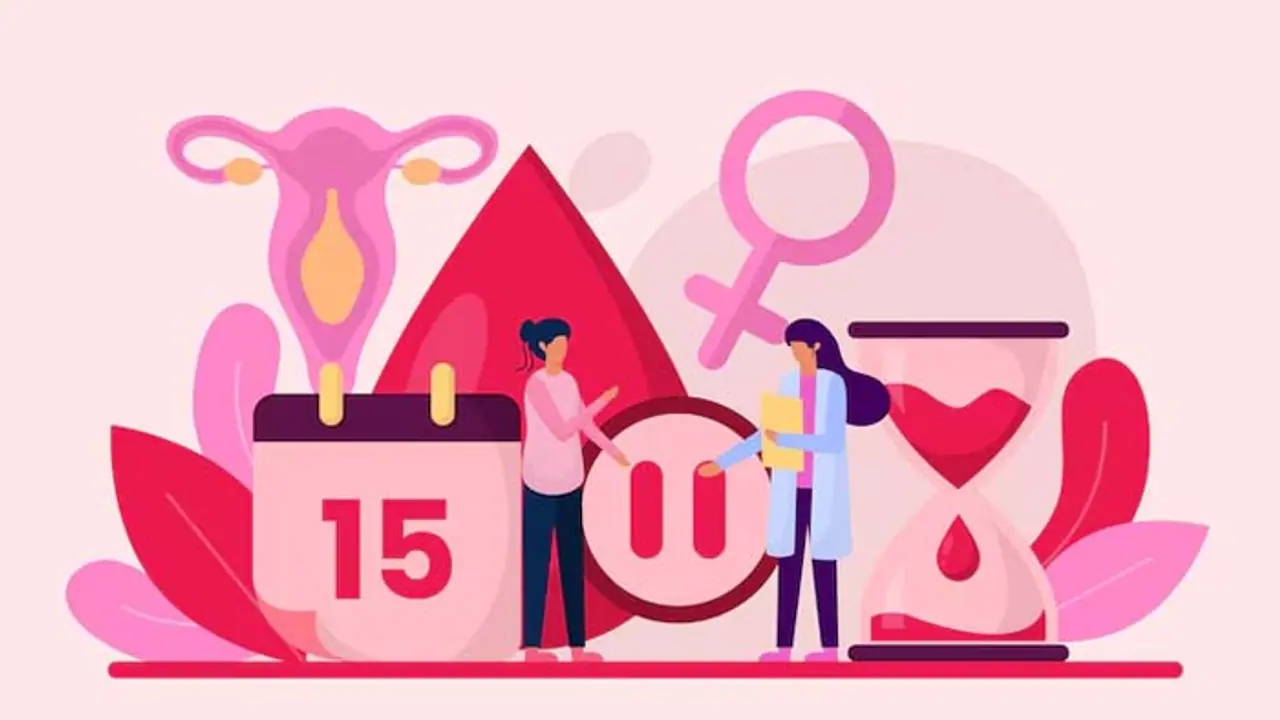Understanding menstrual health is essential for breaking taboos and promoting well-being. Let's dive deep into the myths and facts.
Menstrual health has been under the shadow of myths and taboo for decades that have been spreading confusion and unjustified restriction. It's high time to demystify some of the most prevalent period myths.

7 Common Menstrual Myths
1. Myth: You Shouldn't Exercise During Your Period
Fact: Working out while you're on your period is actually good for you! Exercise reduces cramps, makes you feel more in a good mood, and increases energy levels. Gentle exercises such as yoga and a stroll can alleviate pain instead of worsening it.
2. Myth: You Won't Get Pregnant While Having Your Period
Fact: Although pregnancy is less probable during menstruation, it is definitely not impossible. Sperm remain viable for a couple of days in the body, and ovulation occurs at varying times, so pregnancy is still possible during menstruation.
3. Myth: Menstrual Blood is Dirty
Fact: Menstrual blood isn't dirty—it's merely a mixture of blood, uterine lining, and fluid. It is a healthy and natural bodily function and nothing to be ashamed of.
4. Myth: Periods Always Need To Be Regular
Fact: A regular period cycle is to be expected to happen, but there would be a few variations at times due to stress, food eaten, hormonal changes, or sickness are normal. A cycle can be anywhere from 21 to 35 days, and slight variations do not necessarily send an alarm.
5. Myth: Tampons Can Get Lost Inside the Body
Fact: A tampon cannot pass the cervix as it is a block. If the tampon becomes stuck, relaxing and pulling out the string carefully will safely take it out.
6. Myth: Women Must Not Eat Certain Foods During Menstruation
Fact: There is no scientific fact that foods like curd, tamarind, or pickles damage menstruation. Actually, a balanced diet along with the intake of iron supports energy to continue during menstruation.
7. Myth: Menstrual Cramps Always Hurt
Fact: Cramping is usual, but severe pain is rare and might be a symptom of something like PCOS or endometriosis. If period pain is extremely bad and interferes with everyday activities, it is wise to see the doctor.


